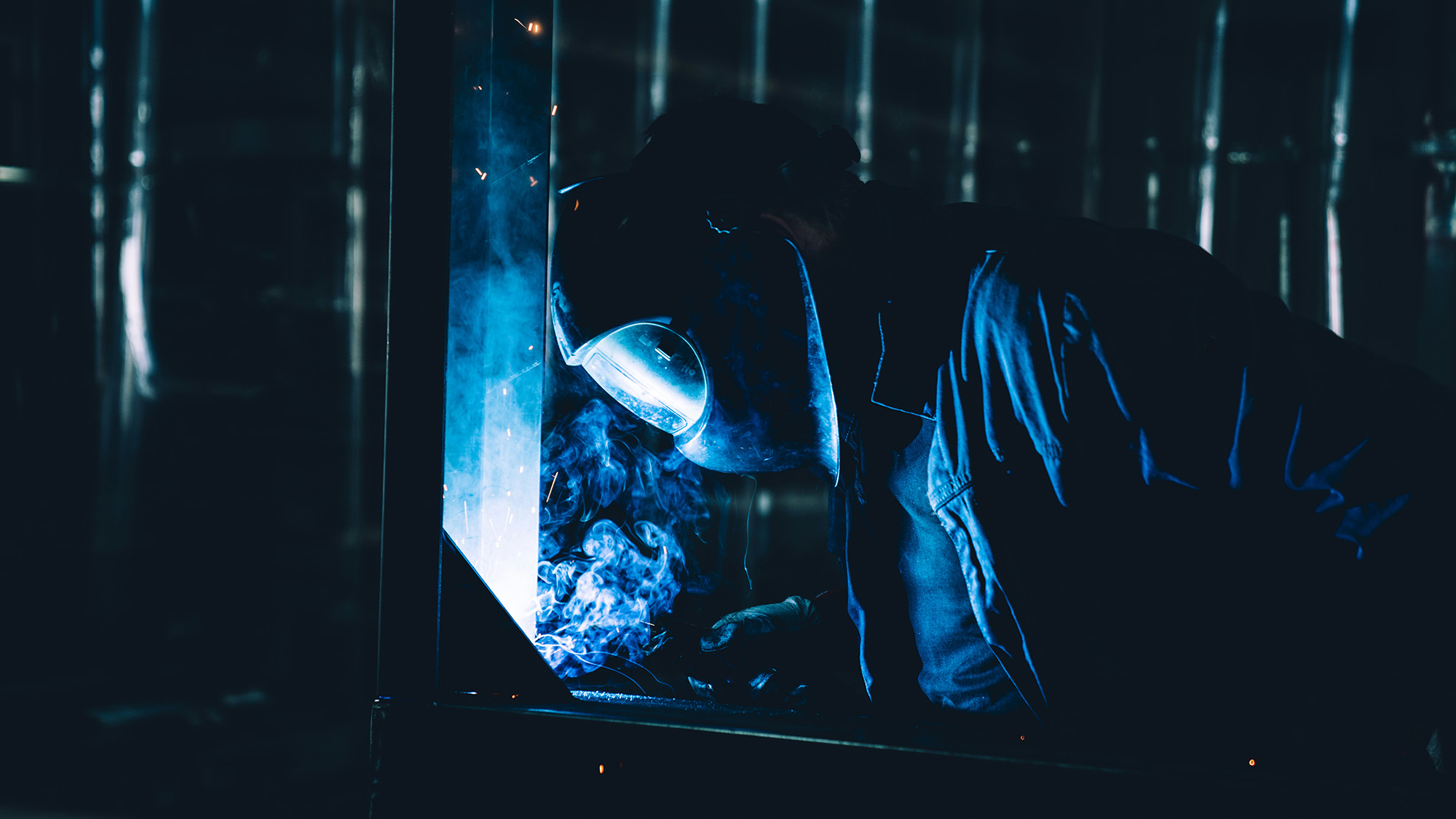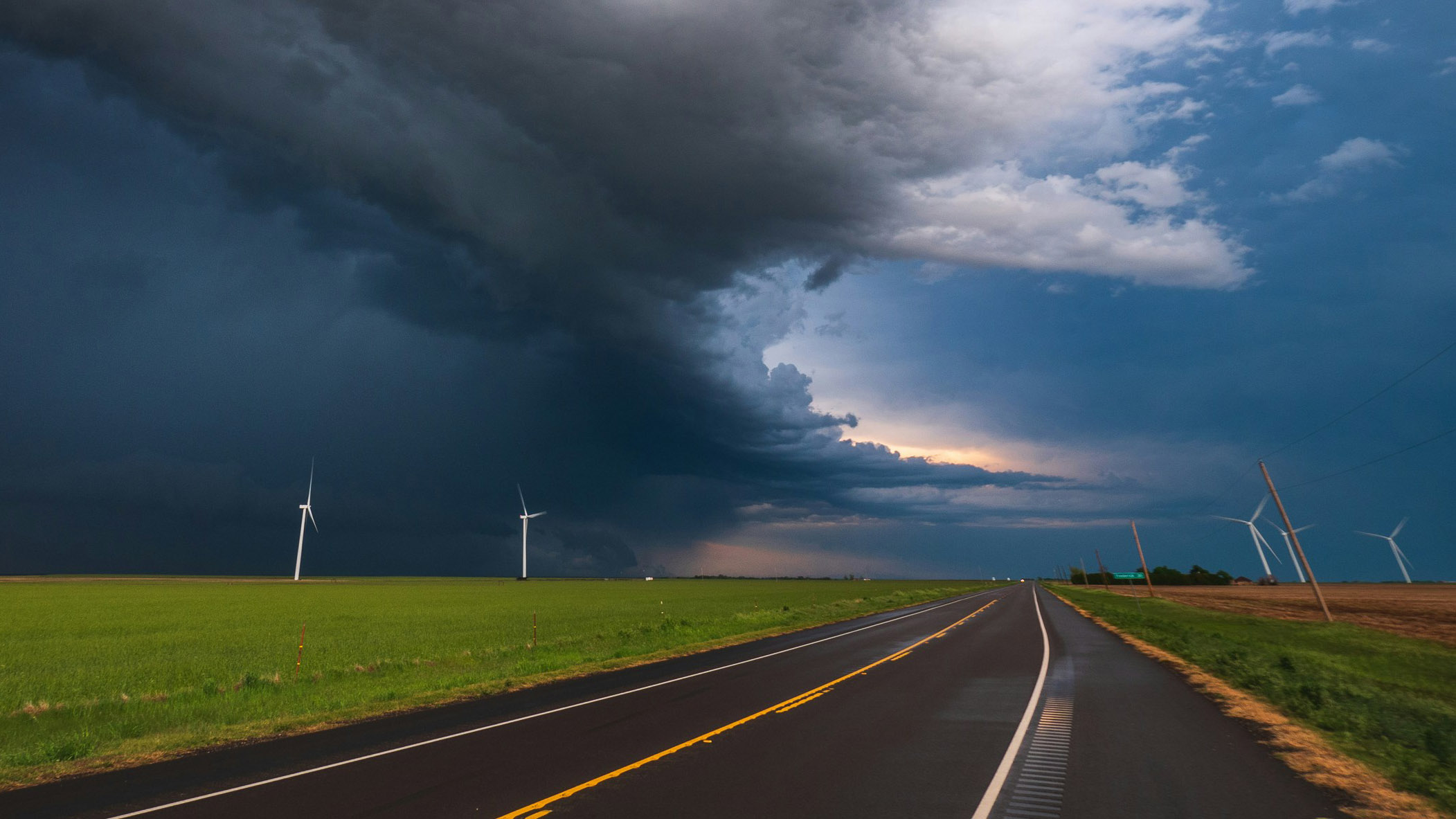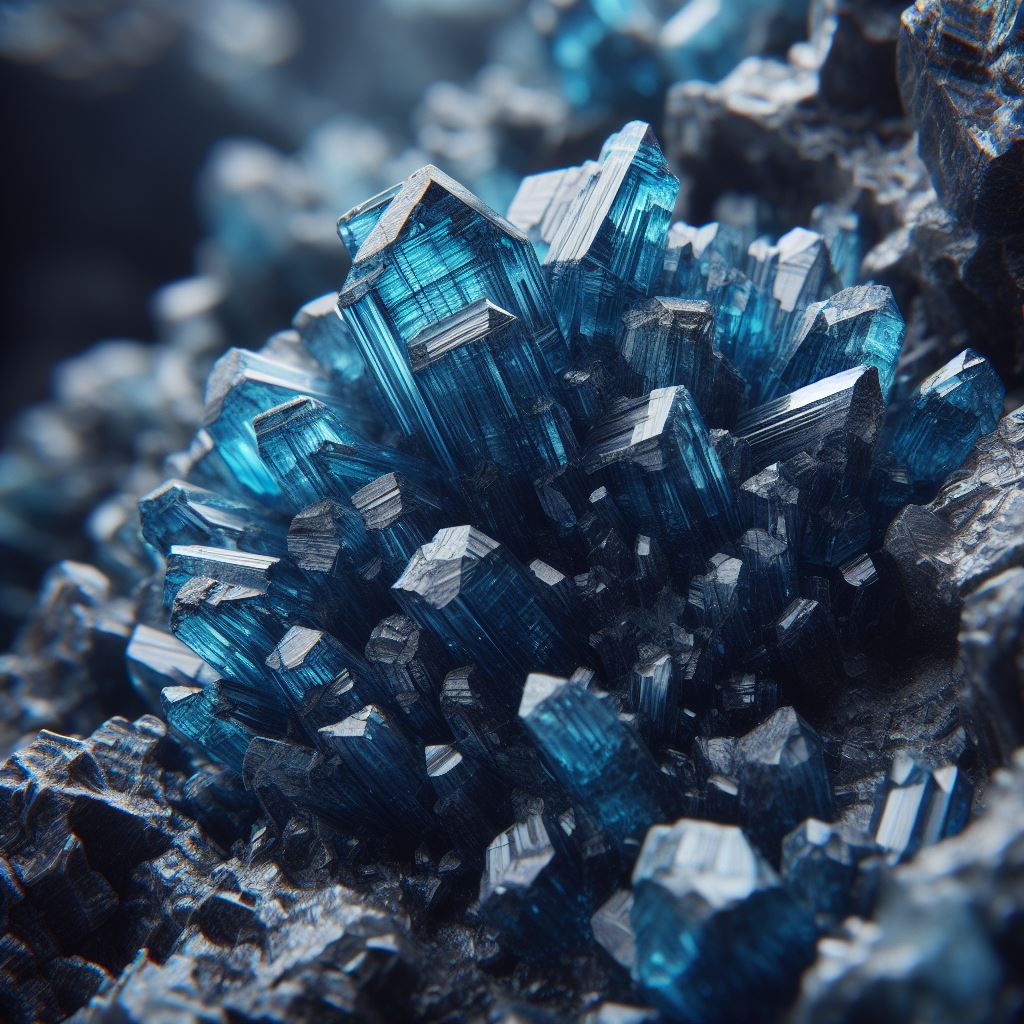The European Commission (EC) has finally announced its answer to the US’s Inflation Reduction Act, however on the face of it, the Commission isn’t proposing that it put its money where its mouth is (at least not for now).
The new Critical Minerals Act is designed to wean Europe away from minerals supply out of China. The factsheet that accompanied the announcement highlighted China’s dominance in Cobalt refining (60%), magnesium supply (97%) and rare earths for permanent magnets (100%).
The EC announcement sets clear benchmarks for domestic capacities along the strategic raw material supply chain and to diversify EU supply: at least 10% of the EU’s annual consumption for extraction; at least 40% of the EU’s annual consumption for processing; at least 15% of the EU’s annual consumption for recycling; not more than 65% of the Union’s annual consumption of each strategic raw material at any relevant stage of processing is from a single third country.
The last measure is aimed fairly and squarely at China.
As expected, the EC proposes the identification of key European projects that should be supported through streamlined and predictable permitting procedures in the Union and coordination of support to improve access to finance.
Interestingly, the EU capacity building measures don’t stop at the edge of the continent. The announcement proposes the establishment of a Critical Raw Materials Club with interested countries globally to strengthen supply chains and foster sustainable investment and trade.
An infographic that accompanied the announcement highlighted Australia as a key potential member of ‘the Club’, with rare earths and nickel specifically called out and lithium and PGE’s included under the bullet ‘strategic raw materials partnerships with countries with important reserves’.
The fourth pillar of the announcement relates to the establishment of a more sustainable and circular critical raw materials economy with five key elements:
- Requiring Member States to step up efforts to recover critical raw materials from waste products and mining waste
- Increasing the share of recycled critical raw materials in manufacturing
- Improving the recyclability of rare earth permanent magnets in specific products and technologies on the EU market
- Increasing efforts to mitigate any adverse impacts with respect to labour rights, human rights and environmental protection
- Recognising certification schemes to increase the sustainability of the critical raw materials placed on the EU market
What seemed to be missing from the release was a financing commitment from EU countries. Instead, the announcement notes a proposal to bring Member States and the Commission together with relevant financial institutions to discuss private sources of financing, existing financial instruments and EU funds, and to facilitate off-take agreements. To achieve this, one of the proposed actions is the Commission’s work with the European Investment Bank and other InvestEU implementing partners to seek ways to scale up support to investment in the critical raw materials supply chain, including via the setting up of blending operations. Private investment by companies, financial investors and off-takers will be essential.
However, where private financing alone may not be sufficient, the effective roll-out of projects along the critical raw materials value chain may require public support, including in the form of State aid. The EC says that it is important to note that the proposed measures do not involve new financing rules or resources, but rather aim at coordinating existing financing mechanisms.
Following on from the delay in a vote to ban the sale of new CO2-emitting vehicles from 2035, based on questioning by Germany and Italy, the new Critical Minerals Act announcement seems to be a small step in the right direction but not the massive money-backed stride that many were looking for.






